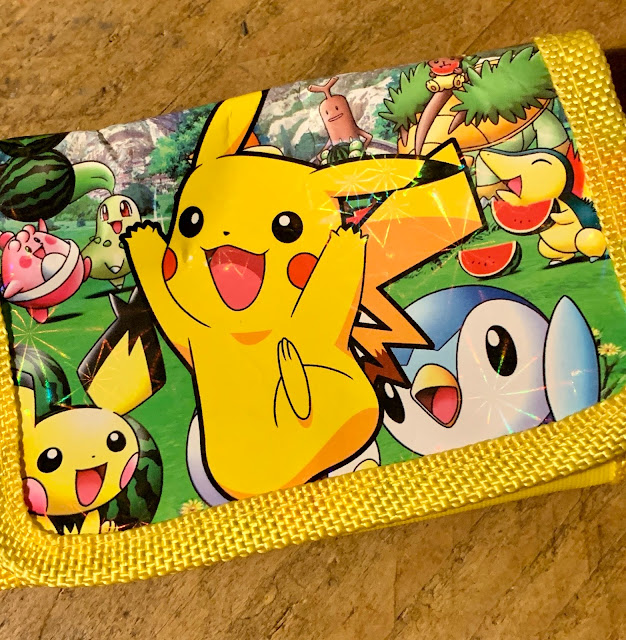Nobody wants their child to become an adult that ends up living their life burdened with debt. We all know how awful that lifestyle can be. In the end, you waste a lot of your hard-earned cash just servicing your debt. It is a stressful way to live.
So, teaching your children how to handle money is, without a doubt, important. Studies show that the sooner you start this process the more likely it is that you will be successful at teaching them this important life skill.
At the very least you need to be able to speak to them about money so they don't think it comes from a tree or free from the magical hole in the wall. For a while my son really believed the ATM gave away free cash!
Here are some more things you can do when they are still young.
Open a Junior ISA to save for their long-term life goals
But, before I dive into that subject, I need to mention Junior ISAs, which you can find out more about by clicking the link. It is not enough to just teach your children the value of money. You also need to start saving for their later life and do so at an early stage.
Learning to drive, going too university, getting married or moving out are all very expensive to do. There is no way that a 17 or 18-year-old could afford these things without help from their parents. If you can, set up a savings account for each of your kids and use it to put money by for their long-term future.
When they are old enough, tell your child about those savings. Seeing the amount of money you have been able to save and how interest has made that pot of money grow faster will encourage them to save even more themselves.
When to start teaching your kids about money
As soon as your toddler is able to speak and recognise numbers you can begin to get them used to the fact that things cost money. At first, they will not fully understand. But, they will get used to the concept of your having to pay for things faster than you realise.
Later, once they learn to count you can demonstrate that some things cost more than others do. Start with small items. Using coins of the same denomination, count out the cost of each item. They will be able to recognise that one pile of coins is bigger than the other, almost immediately.
Let them save up for small things
Start giving your child pocket money at an early stage. It does not need to be much, just enough to by a few sweets or a colouring book. If they want something that is a little more expensive, encourage them to save up for it.
When they are young try to sort things out so they will only have to wait for a week or maybe two. If they have to do so for longer than that, there is a good chance that they will get disheartened. This is the opposite of what you want to happen. You want them to enjoy saving and experience the buzz of being able to buy something special that they would not have normally been able to afford.
As they get older, you can build on this foundation. You can find out how by reading this article.
As an adult I have come to the sad realisation that money can even impact your closest relationships so giving them a good grounding in how to budget will pay dividends throughout their life not just in how much "stuff" they can buy but in their interactions with friends and family too.

